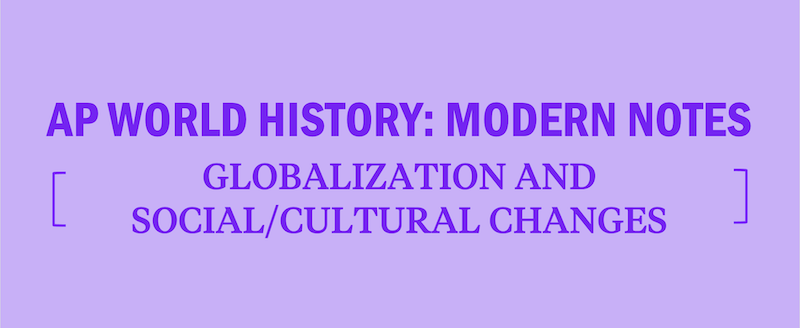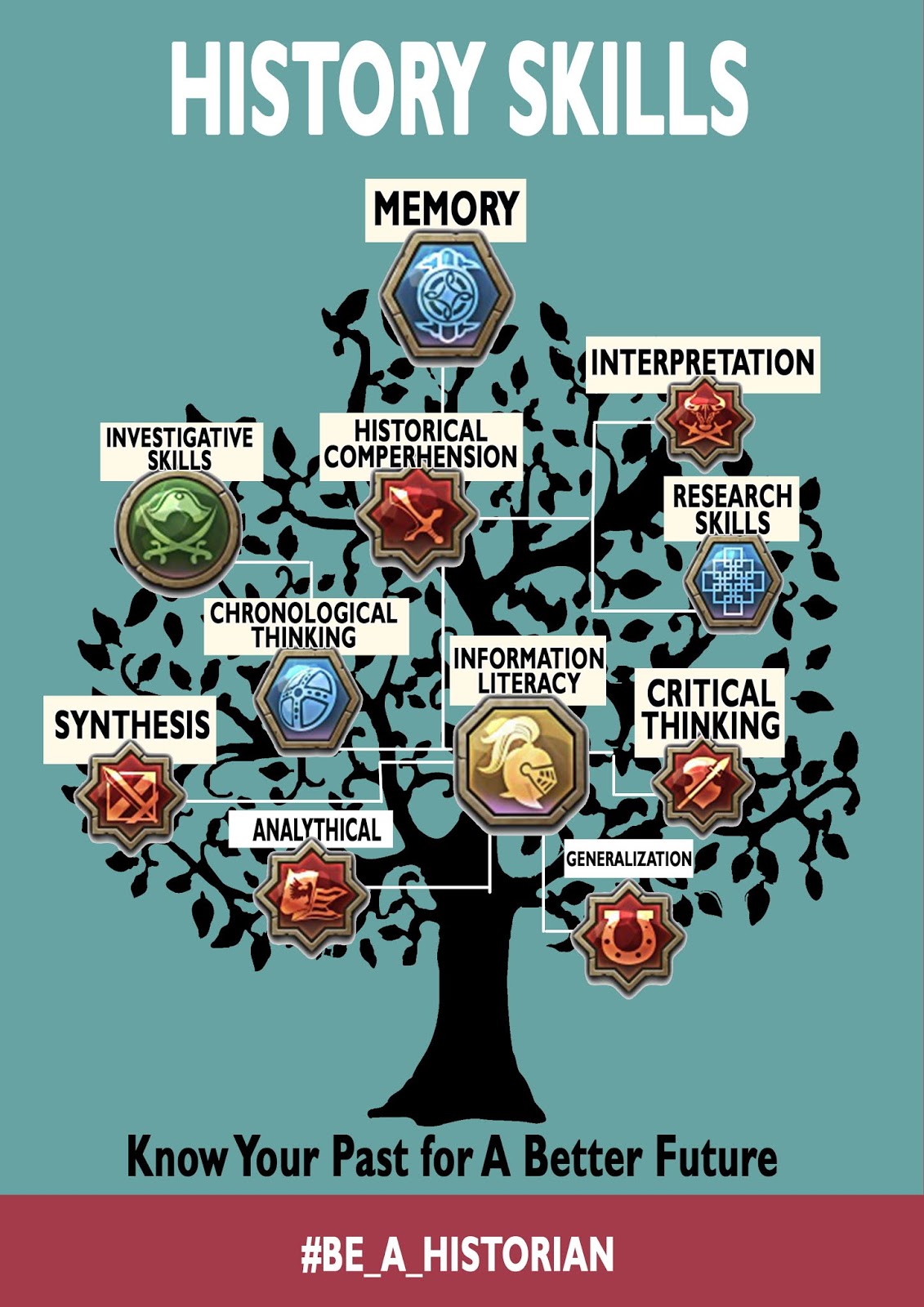In recent times, contemporary history has witnessed a series of impactful events that have shaped our world in significant ways. From global crises to political shifts, these events have left an indelible mark on societies worldwide. In this blog post, we will explore the profound implications of these recent events and shed light on their far-reaching consequences.
1. COVID-19 Pandemic:
Undoubtedly, the COVID-19 pandemic stands out as one of the most influential events in contemporary history. Its impact on public health, economies, and social structures has been unparalleled. From the swift implementation of lockdown measures to the rapid development of vaccines, governments and institutions worldwide have navigated the challenges posed by the pandemic. This event has forced us to reevaluate healthcare systems, embrace remote work and digital connectivity, and recognize the importance of global cooperation in tackling future crises.
2. Social and Racial Justice Movements:
The past few years have witnessed a surge in social and racial justice movements, spurred by incidents of police brutality and systemic inequities. Movements like Black Lives Matter have gained significant traction, demanding a shift towards a more inclusive and equitable society. This unprecedented wave of activism has fueled conversations around police reform, racial discrimination, and the dismantling of systemic barriers. As a result, businesses, organizations, and governments are increasingly held accountable for addressing these issues and implementing meaningful change.
3. Climate Change and Environmental Conservation:
The urgency of combating climate change has become even more apparent in recent years. Increasingly frequent and severe natural disasters, such as wildfires and hurricanes, have highlighted the vulnerability of our planet. This has led to a renewed focus on environmental conservation and sustainable practices. Governments have set ambitious climate goals, businesses are committing to carbon neutrality, and individuals are embracing eco-friendly lifestyles. The collective effort to mitigate climate change is reshaping policies, industries, and societal norms.
4. Political Shifts and Global Leadership Changes:
Political events and leadership shifts on the international stage have had a profound impact on contemporary history. The rise of populist movements, Brexit, and the election of new leaders in various countries have reshaped political dynamics and policies. These events have brought about significant changes in international relations, trade agreements, and diplomatic strategies. Additionally, the ongoing tensions between global superpowers, such as the United States and China, have implications for global governance and power dynamics.
5. Technological Advancements and Digital Transformation:
The rapid advancement of technology has revolutionized various sectors, ranging from communication to commerce. The COVID-19 pandemic further accelerated the digital transformation, with virtual meetings, e-commerce, and remote education becoming the new norm. The emergence of artificial intelligence, blockchain, and renewable energy technologies is reshaping industries and creating new opportunities. However, concerns surrounding privacy, cybersecurity, and job displacement continue to be important considerations within this evolving landscape.
In conclusion, recent events have left an indelible mark on contemporary history, reshaping our societies, economies, and global connections. The COVID-19 pandemic, social and racial justice movements, climate change, political shifts, and technological advancements have all played pivotal roles in shaping the world we live in today. Understanding and analyzing these events can provide us with valuable insights into the challenges and opportunities we face as a global community. By learning from these experiences, we can work towards building a more resilient, equitable, and sustainable future.











